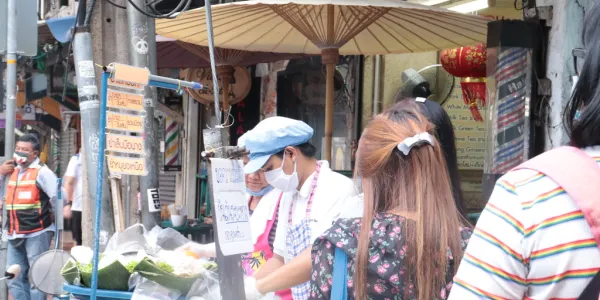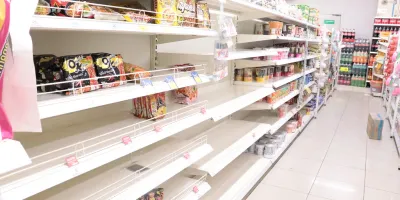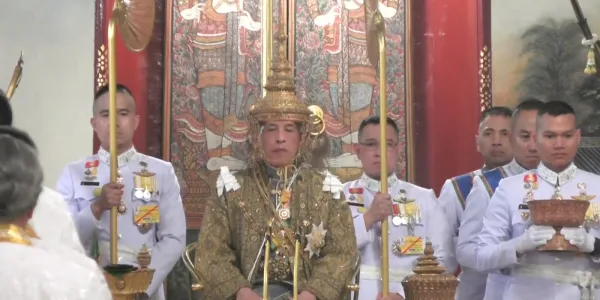By Jared Makana Kirkey |
<p>Experts and observers find Thailand’s informal sector has been devastated by Covid-19 aftershocks and restrictive regulations. They recommend that the government strengthen the sector and the entire economy by providing interest-free loans, easing restrictions, promoting job creation and skills training programs. </p>
By Prachatai |
<p>It took only 6 hours for people to register for 3 million bags of free instant noodles from the Sahapat Group (SPC), one of the country’s major household product companies. Registration for the handout campaign was due to last 1 week.</p>
By Prachatai political editorial team |
<p>The change of laws which transfer the crown assets into the name of King Vajiralongkorn has made him one of the wealthiest monarch in the world. Prachatai take a look into related laws to find out whether they are taxable or not.</p>
By Harrison George |
<p>Trial lawyers, so I am told, are warned to be careful about what questions to ask witnesses. They are advised never to ask a question unless they are confident about what the answer will be.</p>
<p>Not so journalists, so I don’t suppose we can berate the reporter who decided to ask Prime Minister and junta leader Gen Prayut Chan-o-cha if there was enough money for a referendum on the draft constitution.</p>
<div> </div>
<div>Economists have expressed positive sentiments towards economic growth in Thailand after the military intervention. They lauded the military’s swift clamp down on corruption and recalibrated focus on the economy. The military’s actions have facilitated a better environment for growth and bolstered investors’ confidence. </div>
<div> </div>
<div>On Wednesday, the Institute of Security and International Studies (ISIS), Chulalongkorn University, organized a public forum titled “The Macroeconomic Impact of Thailand’s Military Intervention”.
</div>
By Pavin Chachavalpongpun |
<p>The Thai political crisis has shown no sign of subsiding. Indeed, the rise of political violence becomes more evident. And since Thailand is an important part of the regional economy, its protracted crisis has produced far-reaching effects on the country’s partners. Japan, a major economic partner of Thailand, has felt the political heat too.</p>
<p> </p>
<p><img alt="" src="https://farm4.staticflickr.com/3737/12810034623_a950149da4.jpg" /></p>
By Harrison George |
<p>They’re taking over.</p>
<p>Let’s just take yesterday’s paper as an example. The headline was the rice mortgage scheme and a second article (of four on the front page) was about the SET. The inside pages have 2 more stories on domestic business matters, one on the maybe-they-will-maybe-they-won’t asbestos ban and another on the luxury car tax fraud. The op-ed page has one piece on the financing of the water management and flood prevention programme, another, subtitled ‘Economics’, questioning Thailand’s claims to be greening the economy and a third on Japan’s ‘Abenomics’ economic revival plan.</p>
<p></p>
By Harrison George |
<p>If you saw a newspaper article written by a farmer telling the bankers of this nation how they could improve the way they do business, what would your reaction be?</p>



